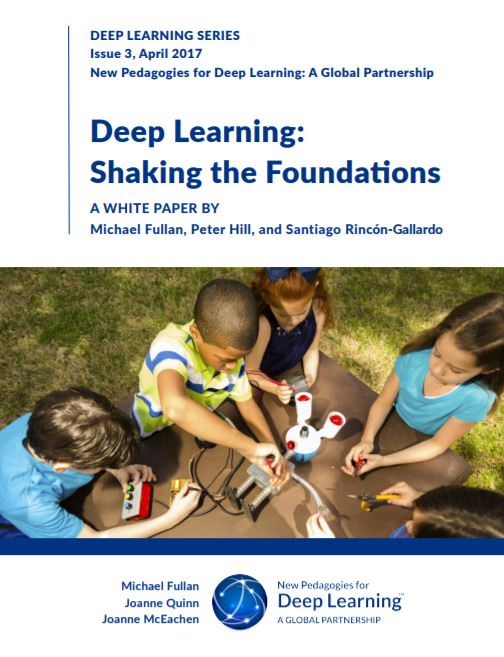
electronic resource
|
Deep learning : shaking the foundations
Copies
0 Total copies, 0 Copies are in,
0 Copies are out.

electronic resource
|